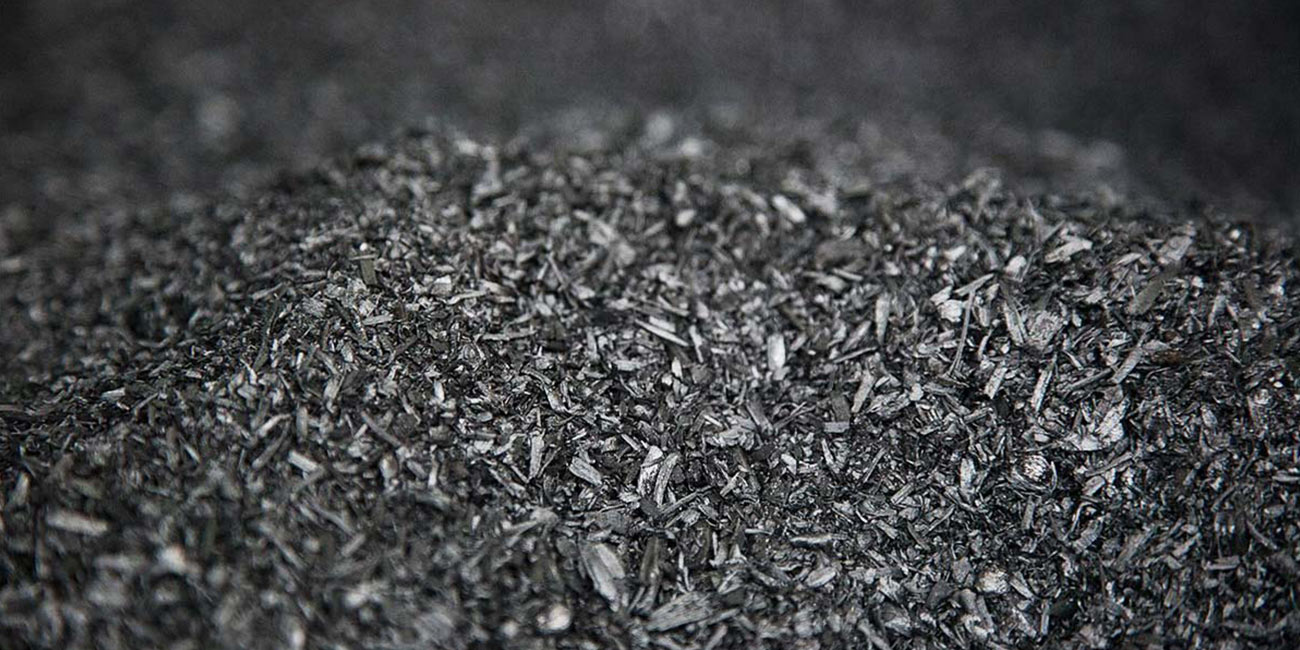In the intricate dance of environmental stewardship, where biomass waste poses a formidable challenge, a potent elixir emerges – the biochar solution. This avant-garde approach transcends traditional methods, offering a nuanced and sustainable avenue for biomass waste processing. Let’s unravel the advantages that make biochar a transformative force in this ecological narrative.

The Biochar Ballet
Before delving into the advantages, let’s demystify biochar. Biochar, often referred to as the “black gold” of agriculture, is a carbon-rich material produced through the process of pyrolysis – the thermal decomposition of organic matter by biochar machine in the absence of oxygen. This alchemical transformation gives birth to a substance with unparalleled potential.
1. Carbon Sequestration Champion
Biochar’s prowess as a carbon sequestration champion takes center stage. When integrated into soil, biochar acts as a carbon sink, locking away carbon for an extended period. This not only aids in mitigating climate change but also enhances soil health through the creation of a stable and fertile environment.
2. Nutrient-Rich Reservoir
The porous structure of biochar serves as a reservoir for essential nutrients. Its high surface area provides a habitat for microbial activity, fostering a symbiotic relationship with plant roots. The result is an enriched soil matrix that promotes optimal nutrient availability for plant growth, thereby revolutionizing agricultural practices.
3. Water Retention Maestro
In the realm of water dynamics, biochar emerges as a maestro. Its sponge-like properties enable it to retain water, acting as a natural moisture regulator for plants. This not only aids in drought resistance but also minimizes water runoff, curbing soil erosion and contributing to sustainable water management. See the biochar production equipment here.
4. Waste to Resource Alchemy
Biomass waste, often viewed as a burden, undergoes a metamorphic journey in the hands of biochar solutions. Through pyrolysis, agricultural residues, forestry waste, or organic by-products transform into a valuable resource. This waste-to-resource alchemy aligns with the ethos of circular economies, fostering a regenerative approach to waste management.
5. Contaminant Neutralizer
Biochar’s unique chemical properties make it an adept contaminant neutralizer. In the process of pyrolysis, it can adsorb and immobilize pollutants, ranging from heavy metals to organic compounds. This dual role – transforming waste into a resource while detoxifying the environment – positions biochar as a formidable player in environmental remediation. Check the coconut shell charcoal making machine here.
6. Microbial Haven
Beneath the surface, biochar creates a haven for beneficial microorganisms. Its intricate structure provides a refuge for bacteria and fungi, fostering a diverse microbial community. This underground symphony enhances soil biodiversity, contributing to disease suppression and overall ecosystem resilience.
The Holistic Tapestry
As we weave the advantages of biochar into a holistic tapestry, it becomes evident that its applications extend beyond the realms of agriculture and waste management. Biochar solutions hold the potential to reshape our approach to sustainability and environmental well-being.
1. Climate Resilience Catalyst
The carbon sequestration abilities of biochar reverberate through the climate resilience narrative. By locking away carbon and mitigating greenhouse gas emissions, biochar becomes a catalyst in the fight against climate change. Its adoption in sustainable practices contributes to a resilient and balanced ecosystem.
2. Renewable Energy Synergy
The pyrolysis process, a precursor to biochar production, generates bioenergy. This synergy between biochar and renewable energy aligns with the principles of circularity. The by-products of one process become the inputs for another, fostering an interconnected and sustainable energy landscape.
3. Economic Empowerment
Beyond environmental advantages, the adoption of biochar solutions has socio-economic implications. Localized production of biochar creates opportunities for economic empowerment within communities. It not only addresses waste management challenges but also stimulates green entrepreneurship, ushering in a new era of sustainable livelihoods.
Charting the Future: Biochar as the Vanguard
In the grand tapestry of ecological strategies, biochar emerges as the vanguard, wielding advantages that resonate across diverse domains. From soil fertility to waste valorization, from carbon sequestration to water conservation, biochar solutions embody the essence of a regenerative and sustainable future.
As we navigate the complexities of biomass waste processing by wood charcoal making machine, the biochar solution stands as a beacon of hope. Its transformative advantages not only address current environmental challenges but also lay the foundation for a paradigm shift towards harmony with nature. In the delicate choreography of ecological restoration, biochar takes center stage, offering a symphony of benefits harmonize with the rhythm of a greener, more sustainable world.